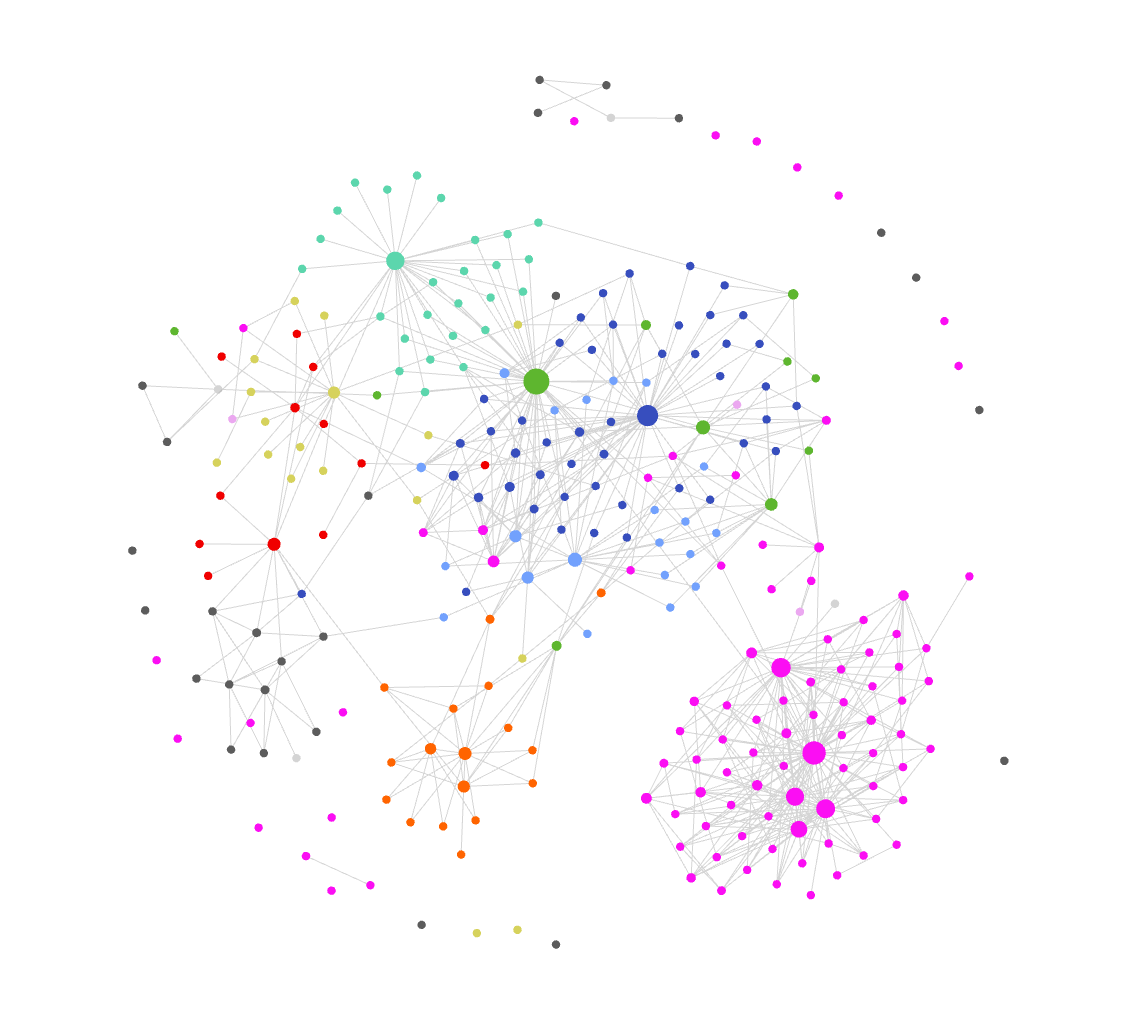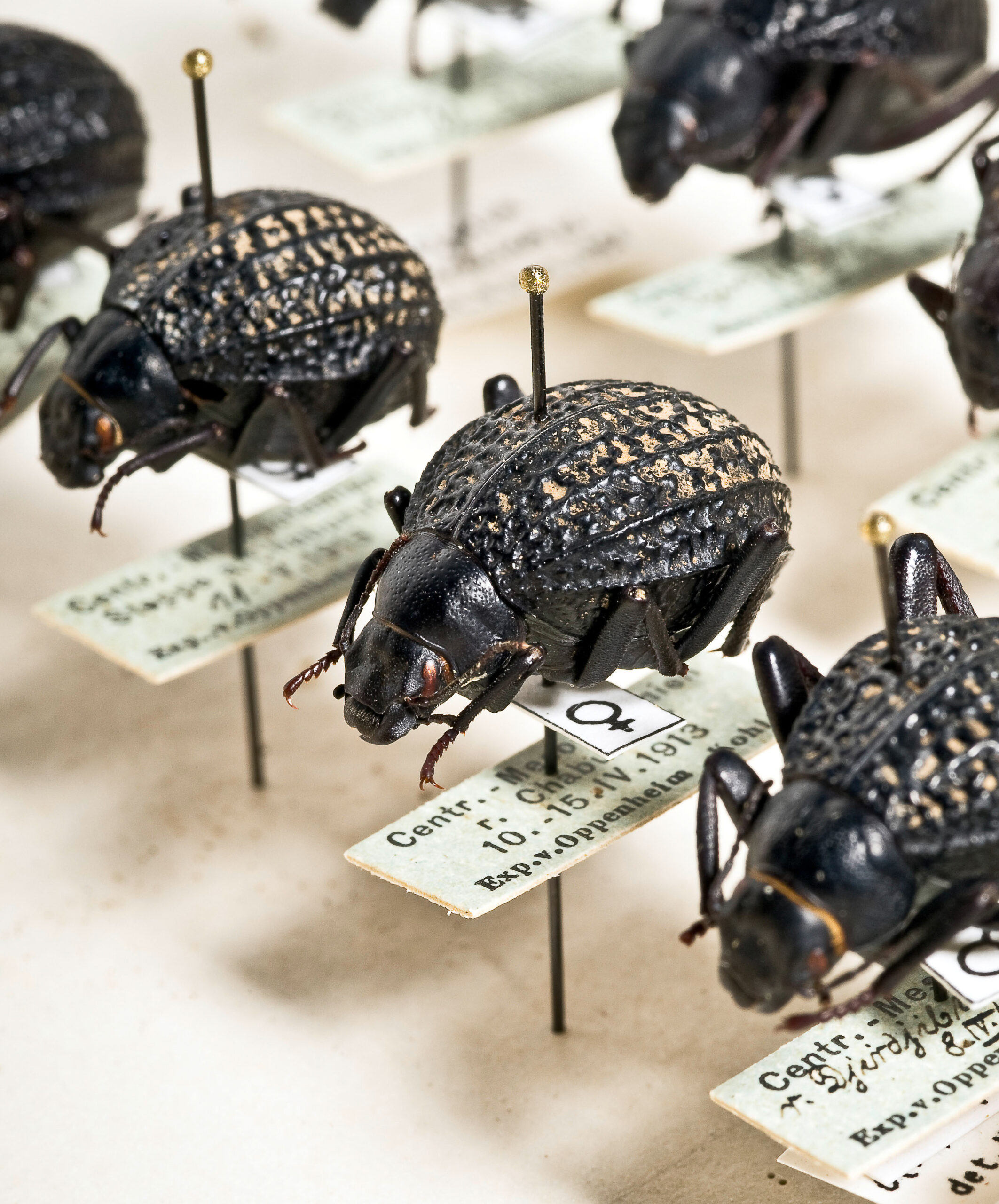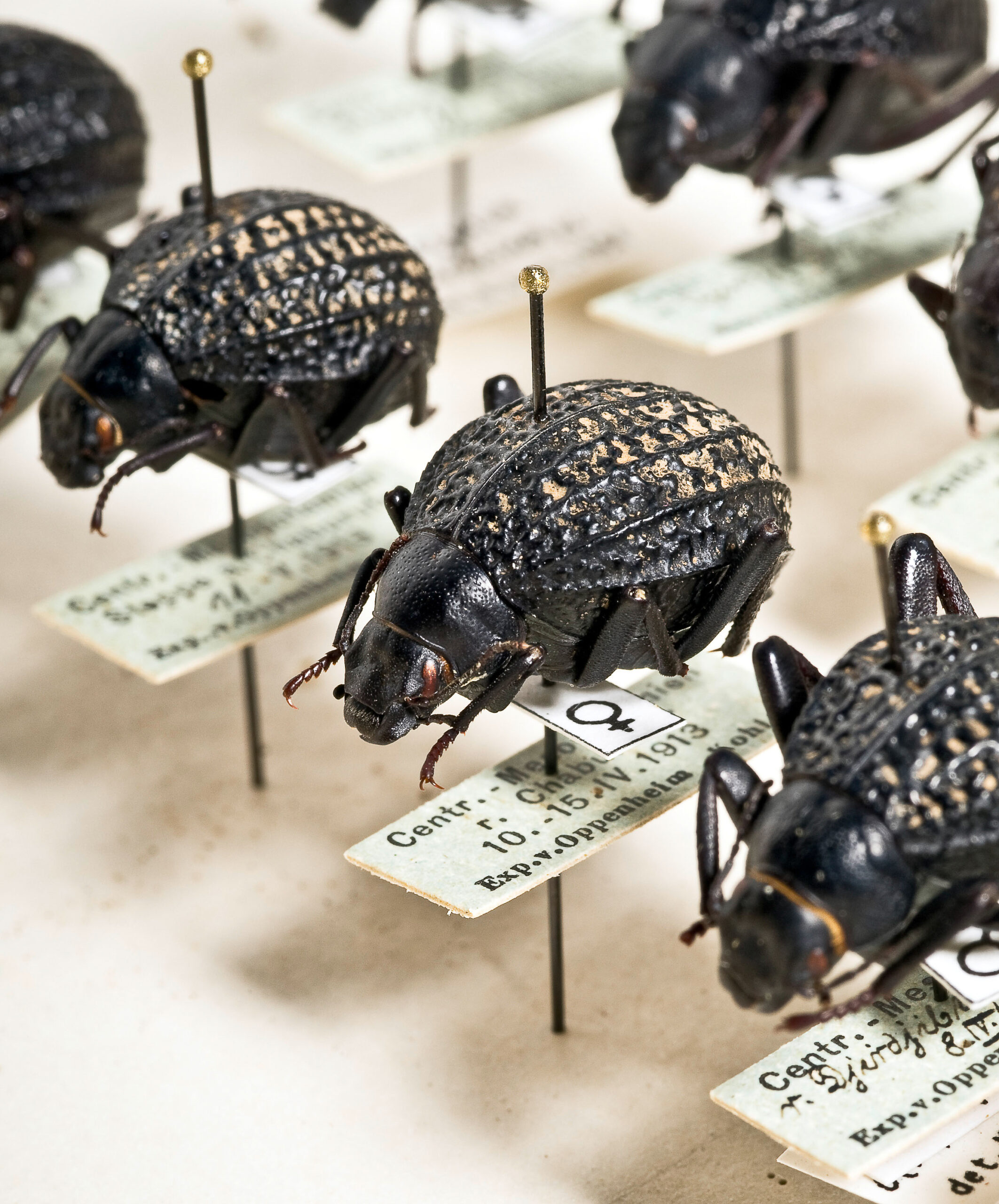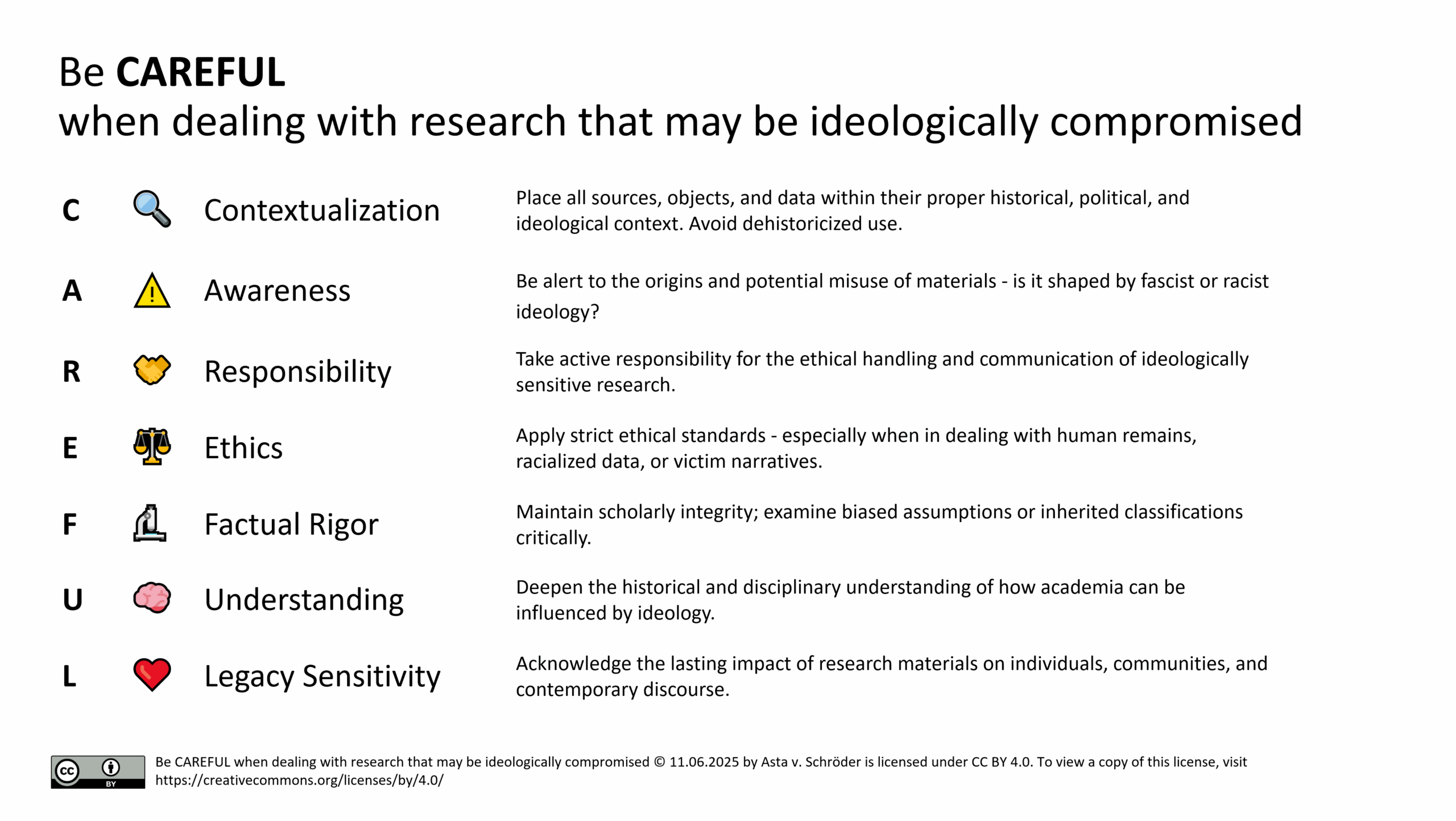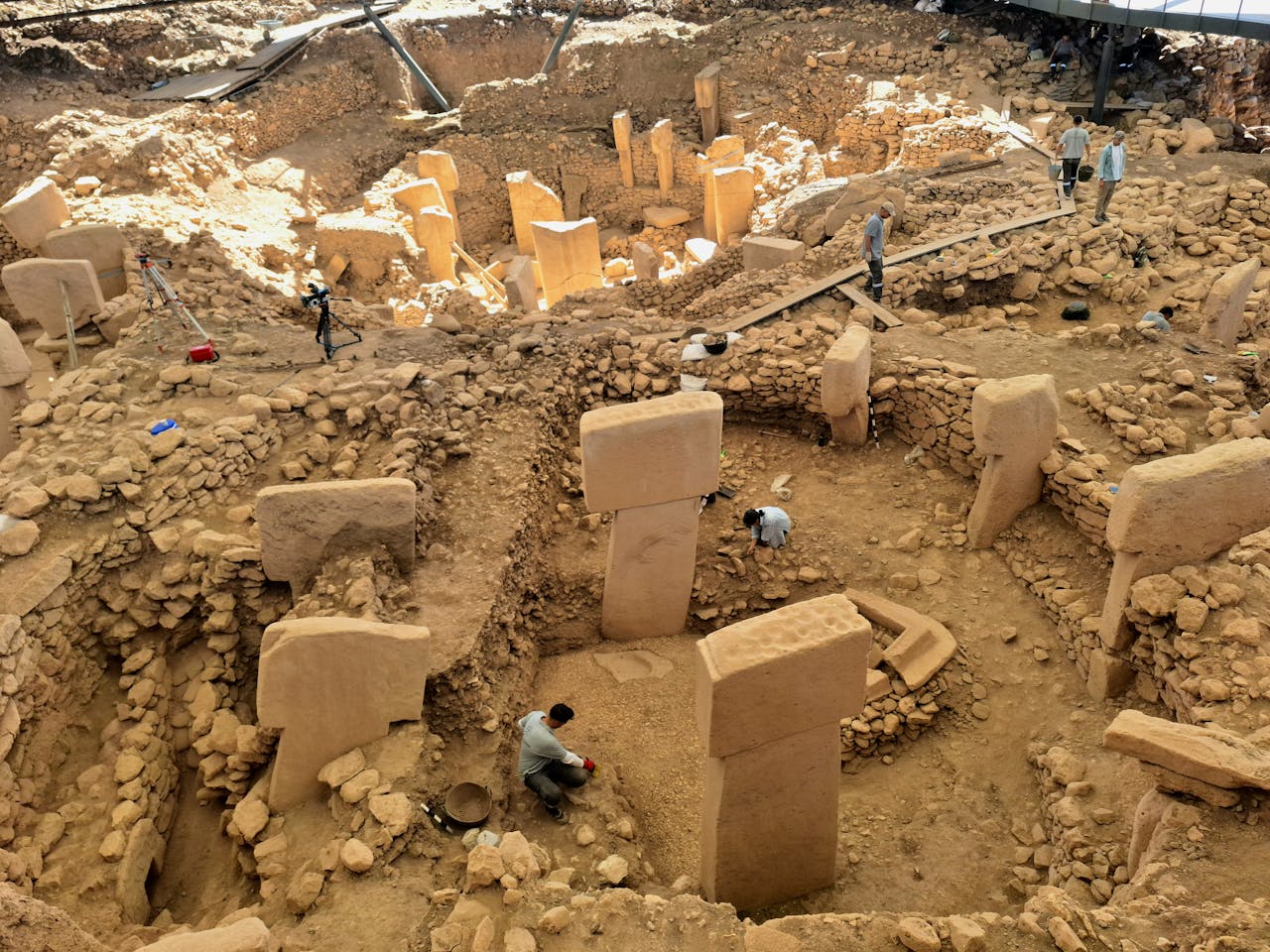
Ergebnisse der Studie „Open-Science-Kompetenzen von Forschenden objektzentrierter Daten in der Erd- und Menschheitsgeschichte“ Für den Arbeitsschwerpunkt Open Science im Projekt WiNoDa wurden Haltungen, Erwartungen und Kompetenzbedarfe zu offener Wissenschaft erhoben.
